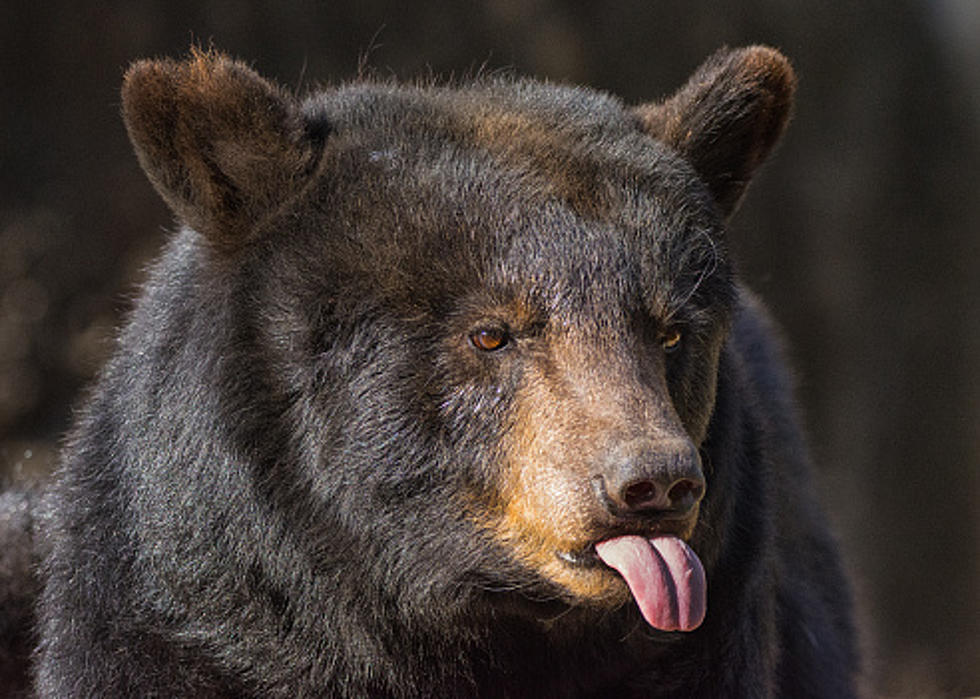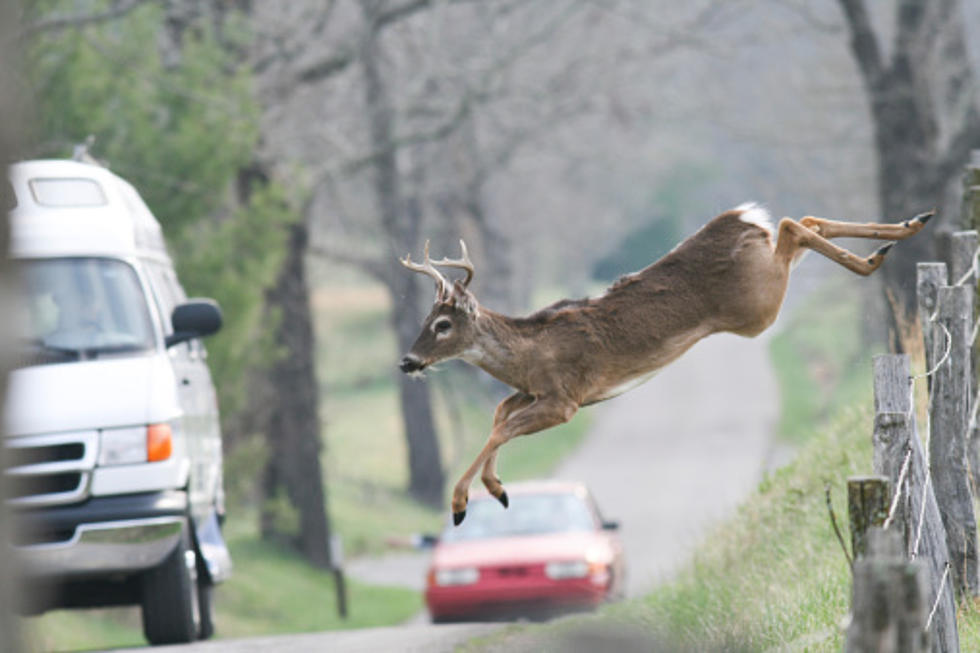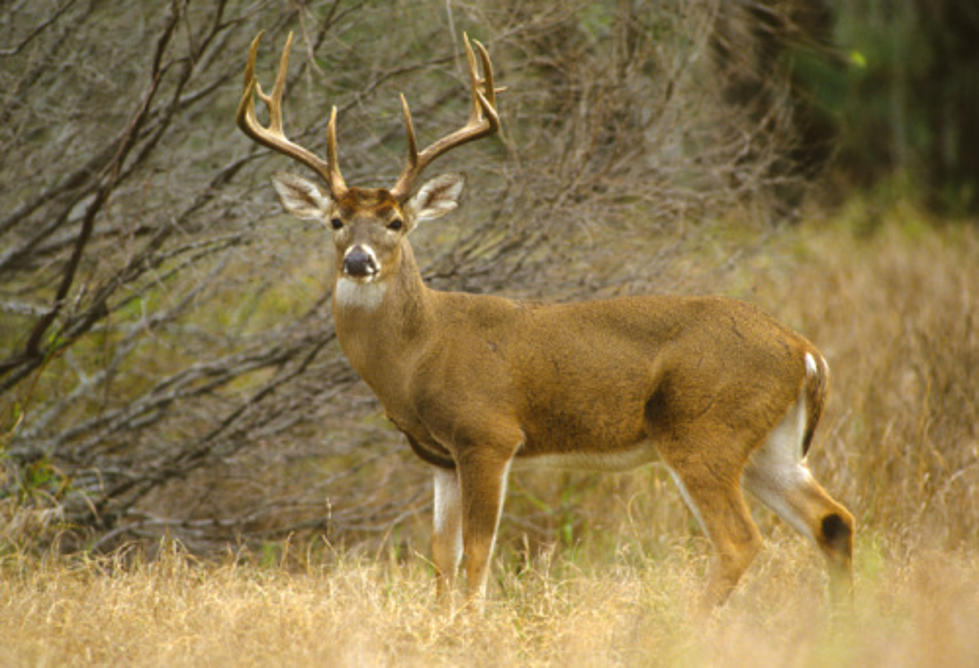
Should New York Hunters Be Testing Deer for COVID-19?
As New Yorkers ease into the thick of deer hunting season, the questions on their minds are usually ones that have to do with location and weather. Certainly few have had to ponder, 'does this deer that I am aiming at have COVID-19?' Well, one study done by researchers at Penn State University says hunters may want to think again.
According to an article by Peter Krause of cleveland.com, a group of "researchers from Penn State University found that upwards of 80% of the deer sampled in various counties in Iowa from December 2020 to January 2021 tested positive for COVID-19, while 33% of all deer included in the several-month study tested positive." Now, I was a little confused about the 80% vs. 33% but either way these are pretty large numbers for something I've never even considered.
“The findings suggest that white-tailed deer may be a reservoir for the virus to continually circulate and raise concerns about the emergence of new strains that may prove a threat to wildlife and, possibly, to humans,” stated a news release from Penn State that was in the article.

There were more questions within the article, like how the deer got COVID-19 in the first place, "deer were likely infected as the result of multiple human-to-deer spillover events and deer-to-deer transmission." I am not sure what is going on in your neighborhood but we are definitely lacking in the "human-to-deer spillover events" as far as I know in the Capital Region.
In the article, Dr. Robert Salata, chairman of the Department of Medicine at University Hospital said that "he presumes any transmission from deer to humans would likely involve the respiratory tract as it does with humans and that he recommends hunters take precautions when handling deer, not just around the nose and mouth, but with other parts of the body as well."
The research recommends that hunters should wear gloves and a mask when handling deer. But should you be worried about eating the venison? "Salata said that should not be a concern as long as you thoroughly cook the meat." Another one of the bad things that came out of this article was that it is possible that deer and other animals may enable COVID-19 to stick around and mutate. Let's hope not.
Why Were 1000s of Toys Left to Rot Inside Decaying Albany Warehouse?
More From 107.7 WGNA









